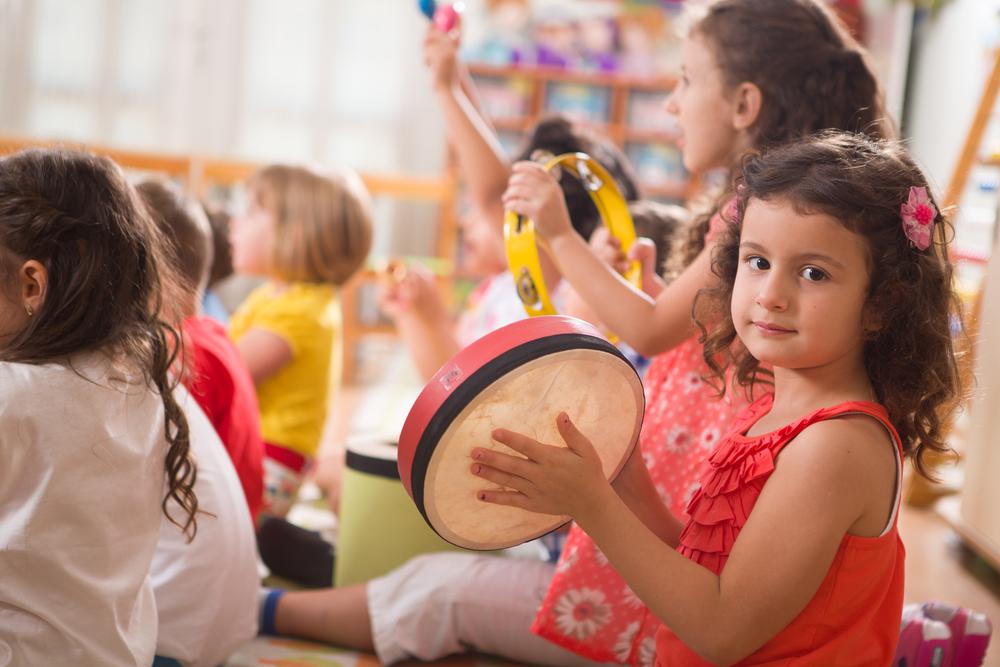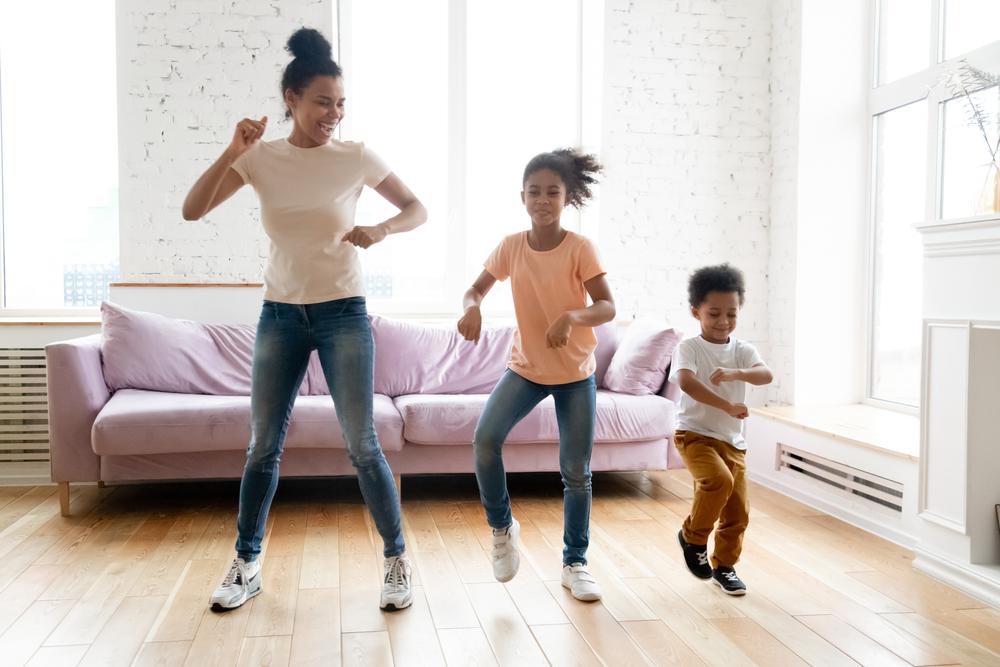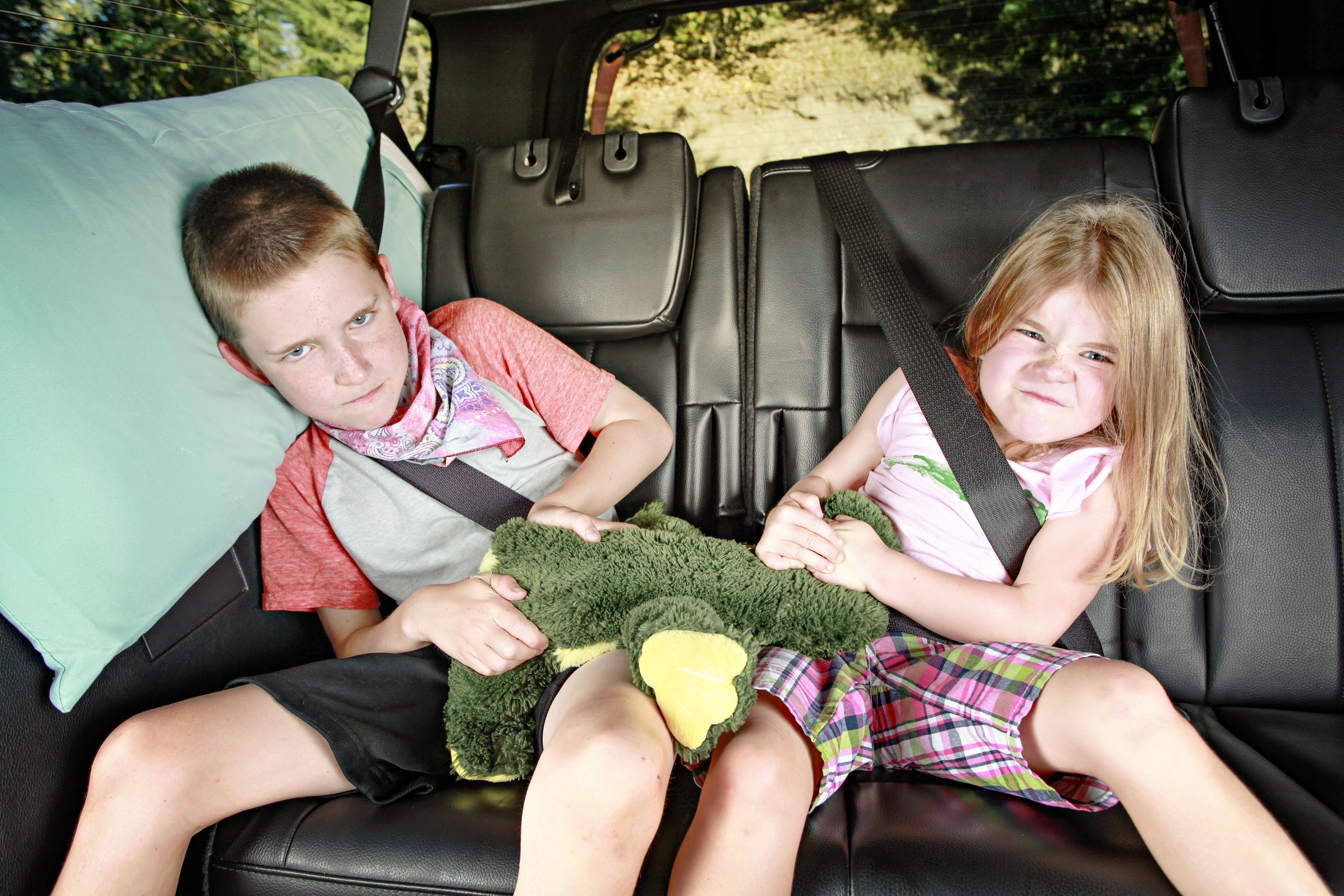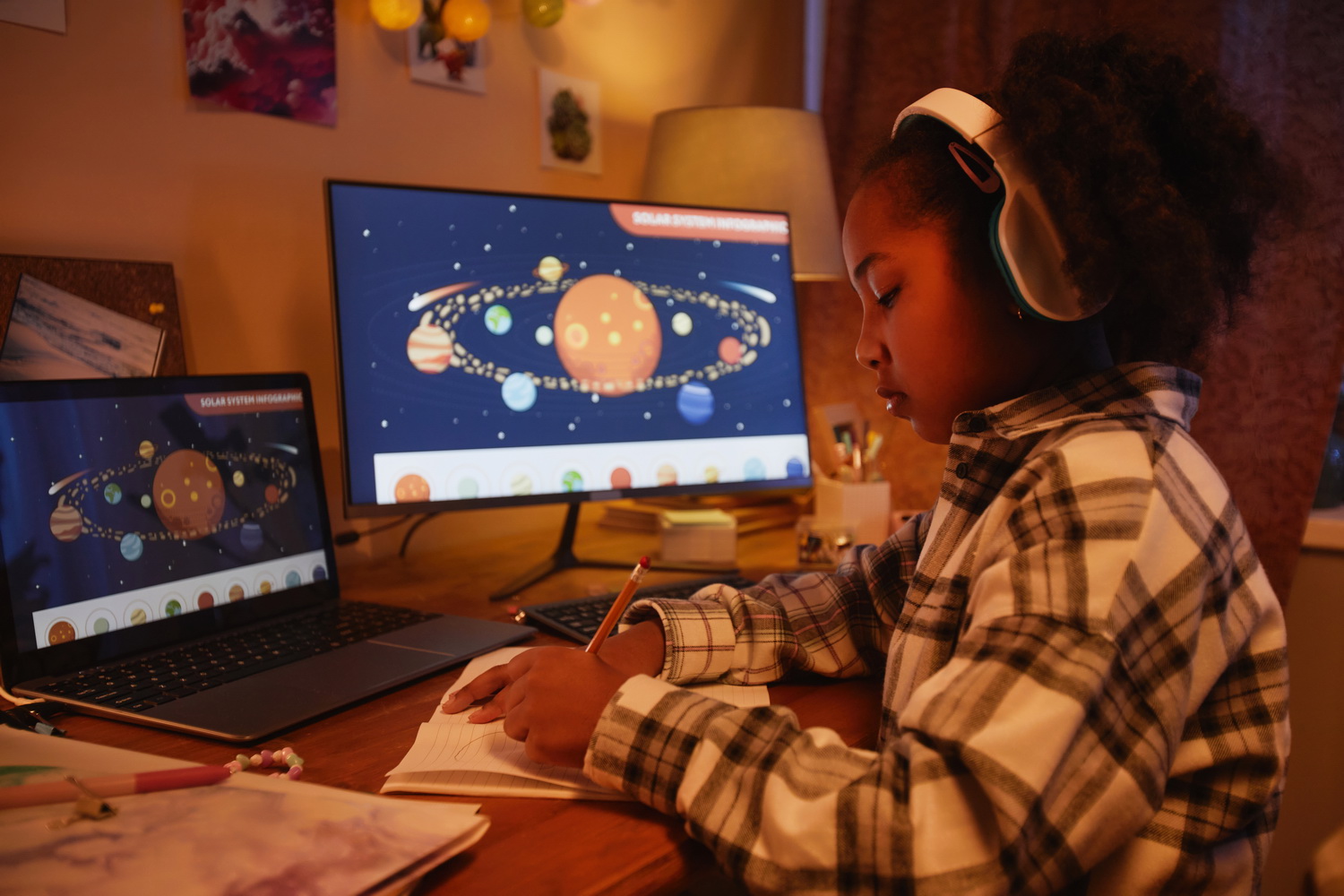Introducing Kids to Music: Why it’s Important and the Best Strategies to Use
Sept. 22, 2021
Take a look at any early childhood programming, especially in schools or daycares, and most parents are quick to find the plethora of information about their rigorous math and reading curriculums. Kids today are learning to read, write, count, and problem-solve earlier than ever before, all to prepare for college and career readiness. While tackling literacy and number sense from an early age is never a bad thing, sometimes it can be at the expense of other rich educational experiences, like those in the fine arts. You may try to balance your kid's development with the help of extracurricular activities.
When it comes to music education, sometimes learning to sing and play music may seem like mere child’s play. Due to the intense focus on core subject areas, music unfortunately is one of the first areas to be placed on the backburner or cut from school budgets even though there is solid evidence that indicates that it supports learning in a multitude of ways. To piece out a shortage in music, enrich the daily routine of your child with nursery rhymes and songs for children.
Let’s take a deeper look at how music can enrich your child’s life from an early age, before diving into the best ways to acquaint your little learner with music.

Why Is Music Education Important for Kids?
It’s long been accepted that learning about music starting from toddlerhood can help children develop a variety of skills including:
- Large motor skills
- Focus and attention span
- Creativity
- Social skills
What’s even more fascinating is that recent studies indicate that early music education can support a child’s early language and literacy skills. Specifically, the study finds that learning music utilizes language skills in a way that can transfer to a child’s academic studies in school. It’s important to note that that this transfer occurs even before children have developed literacy skills, which means that music can benefit them beginning at an extremely early age, such as in daycare or preschool.
Based on this research and years of studies and publications that clearly show music education as beneficial for our children, it’s obvious that acquainting kids with music will not only enrich their lives with something that they enjoy but will also help them develop core academic skills alongside their school studies.
Getting Started: The Best Strategies to Use
We know that incorporating music into our child’s lives is important, but what are the best ways to get started? Luckily learning about music and making it themselves is something both you and your kids will enjoy! Try the following ideas to introduce music to your little learners:
Make Homemade Musical Instruments
Who says you need a piano at home to learn a musical instrument? Almost anything that makes noise can be made into an intriguing musical instrument! Introduce music to the youngest of learners by building homemade instruments such as a hand drum, shoebox guitar, or maracas made from dried beans and tin cans. Simply get creative and search around the house for anything that can make some noise! Search for homemade instruments on the web and have a blast with your child making your musical creations! Use them to teach children to find a beat, practice rhythms, and more!
Get Up and Dance!
The easiest activity parents can do with children is to dance! We all know that music inspires us to move, and movement is what helps our kids hone large motor skills while expressing themselves and finding enjoyment in music. While there’s no problem with dancing to whatever music your family enjoys, there are also tons of music videos made for kids to inspire them to dance. Check out GoNoodle videos to find videos that are specifically made for kids to keep them moving and having fun!

Teach Kids to Keep a Beat
For the earliest learners, say starting from the age of 2, kids experience music the best if they are actively engaged in it. Use this opportunity to teach toddlers and preschoolers how to keep a beat by clapping hands, banging a drum, or tapping something to the beat of a song. To start, focus on songs that have hand motions, such as “Itsy Bitsy Spider” to get them used to moving in sync with a song. Once kids get the hang of this, they’re ready to keep time! Hand them a pot and a wooden spoon or a simple drum and teach them to keep a beat by banging or tapping to the beat along with them. Soon enough, they can do it easily on their own!
Practice Rhythm Patterns
Have your little learners already mastered how to keep time to their favorite songs? Next teach them to tap out or imitate different patterns of rhythm! Start about by choosing songs that have unique rhythms, such as “Row, Row, Row Your Boat”. Sing together and work into teaching them how to sing a round, where others start singing at a different time. From there, talk about different rhythms using rhyming or by reading books such as One Fish, Two Fish, Red Fish, Blue Fish. Listen to songs together to find different patterns of rhyming and rhythm!
Listen to Child-Friendly Music Whenever Possible
Lastly, and probably the most obvious, simply listening to music as often as possible will expose your child to different types and forms of music that he or she may enjoy. Plan to find kid-friendly music that your child wants to listen and dance to, simply as a form of enjoyment. The more he or she listens to, the quicker they will find genres and songs they enjoy that deepen their interest and motivation for learning about music!
While parents and teachers may get caught up teaching kids the basics, it’s important not to forget the importance of teaching our children about the fine arts, for example by using coloring pages worksheets. That includes integrating music education into their school routine! Use the easy tips above to acquaint your little learner with music and spark a lifelong passion for the arts while developing their academic skills, as well!











